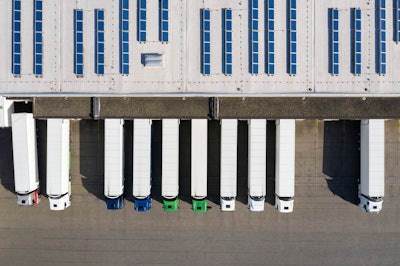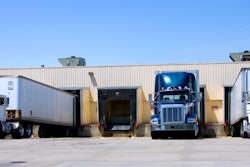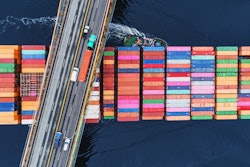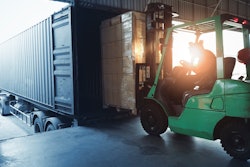
Only 8,200 trailers were ordered last month, according to FTR's preliminary report, 32% below June and down 58% year-over-year.
Trailers orders for the past 12 months total 354,000.
Demand for dry and refrigerated vans remained paltry, as OEMs are booked full for the rest of the year and not yet entering orders for 2022. Vocational orders fell as well in July, as fleets have most of their orders in for this year.
“The orders are in for 2021 but the challenge remains to build the trailers," said Don Ake, FTR vice president of commercial vehicles. "OEMs continue to struggle hiring factory workers. Suppliers are struggling to keep pace due to a shortage of manpower and imported parts and components."
The supply chain is still experiencing disruptions and bottlenecks but Ake said some improvement in production is expected this year, adding that there are indications some supplies will be restricted into next year.
“Fleets are desperate for new dry vans to compensate for the shortage of new trucks and drivers in the current tight capacity environment. There is a growing amount of freight to be moved and the industry continues to struggle to deliver it on time. Spot loads and rates remain elevated," he said. "The semiconductor shortage is limiting Class 8 production and the driver shortage has been exacerbated by the aftereffects of the pandemic.”
While trailer orders remained low for the fourth consecutive month in July, ACT Research Director of Commercial Vehicle Transportation Analysis and Research Frank Maly said the issue is certainly not demand related, as fleets remain bullish regarding equipment acquisition.
"With existing orderboards stretching through the end of Q1’22 on average and well into Q2’22 for dry vans and reefers, OEMs continue to limit order acceptance,” he said. “OEMs’ concerns regarding their supply chain, staffing availability, and pricing of components and materials are mainly responsible for the continued reluctance to accept further orders in the near-term. However, when the order season eventually opens, expect a surge of pent-up volume to flood in, likely resulting in a very significant commitment of available 2022 production capacity.”
Maly noted that initial reports indicate that OEMs were unable to increase daily production rates in July, as supply chain and staffing headwinds continue to challenge ramp-up efforts in response to their solid orderboards. "While some announcements point to additional industry capacity coming online, those continuing component and staffing issues could make it challenging to fully utilize that potential in the near-term," he added.










